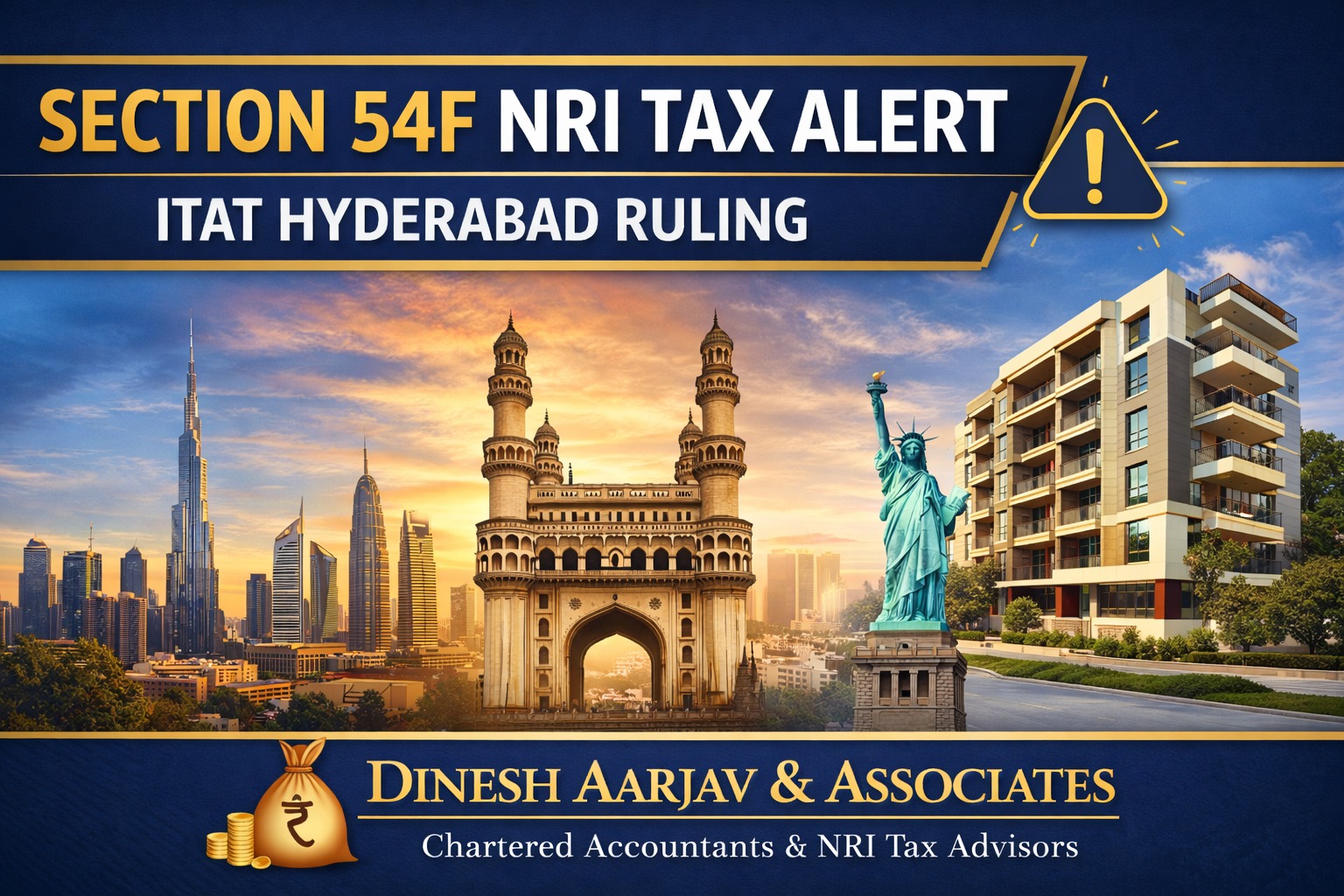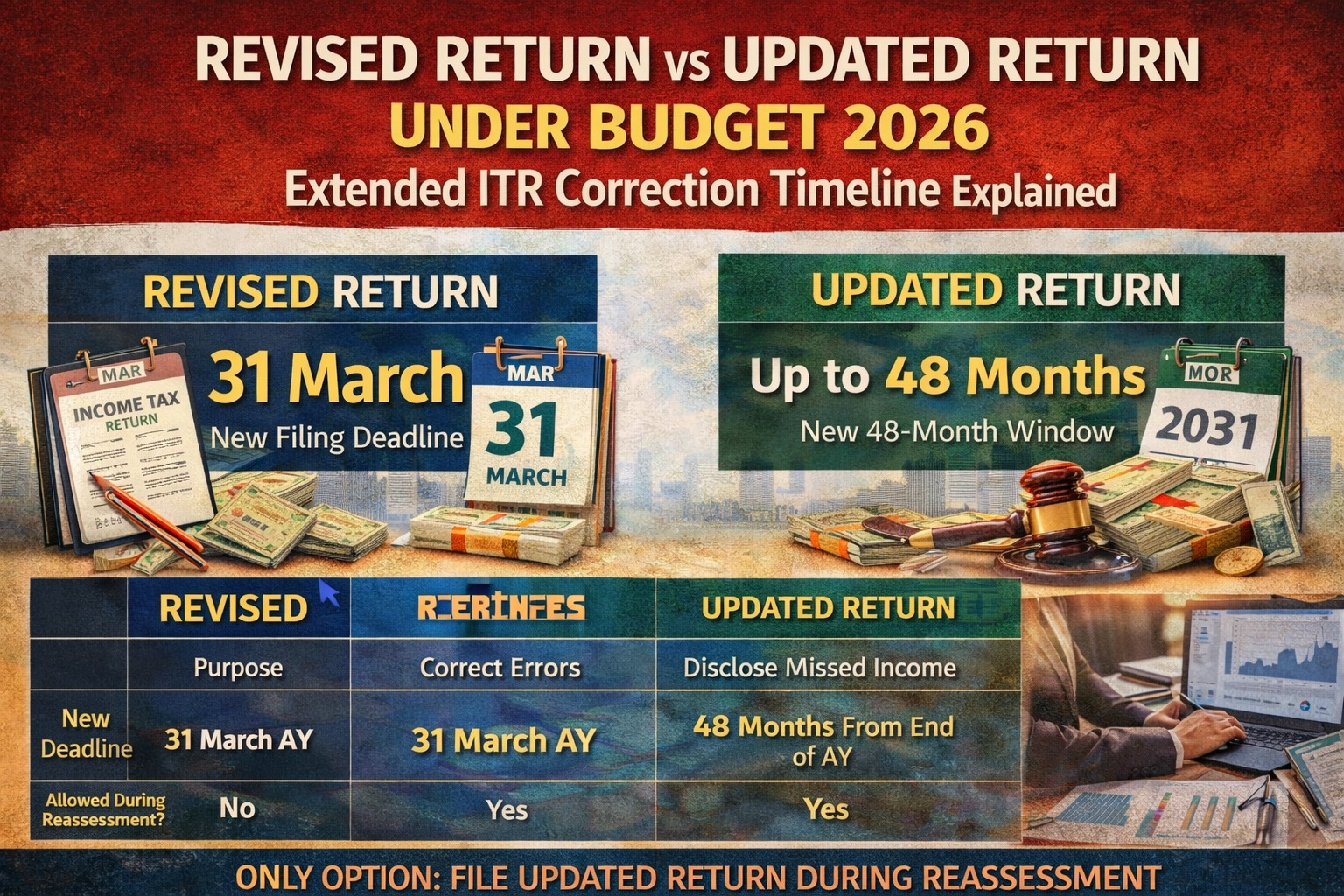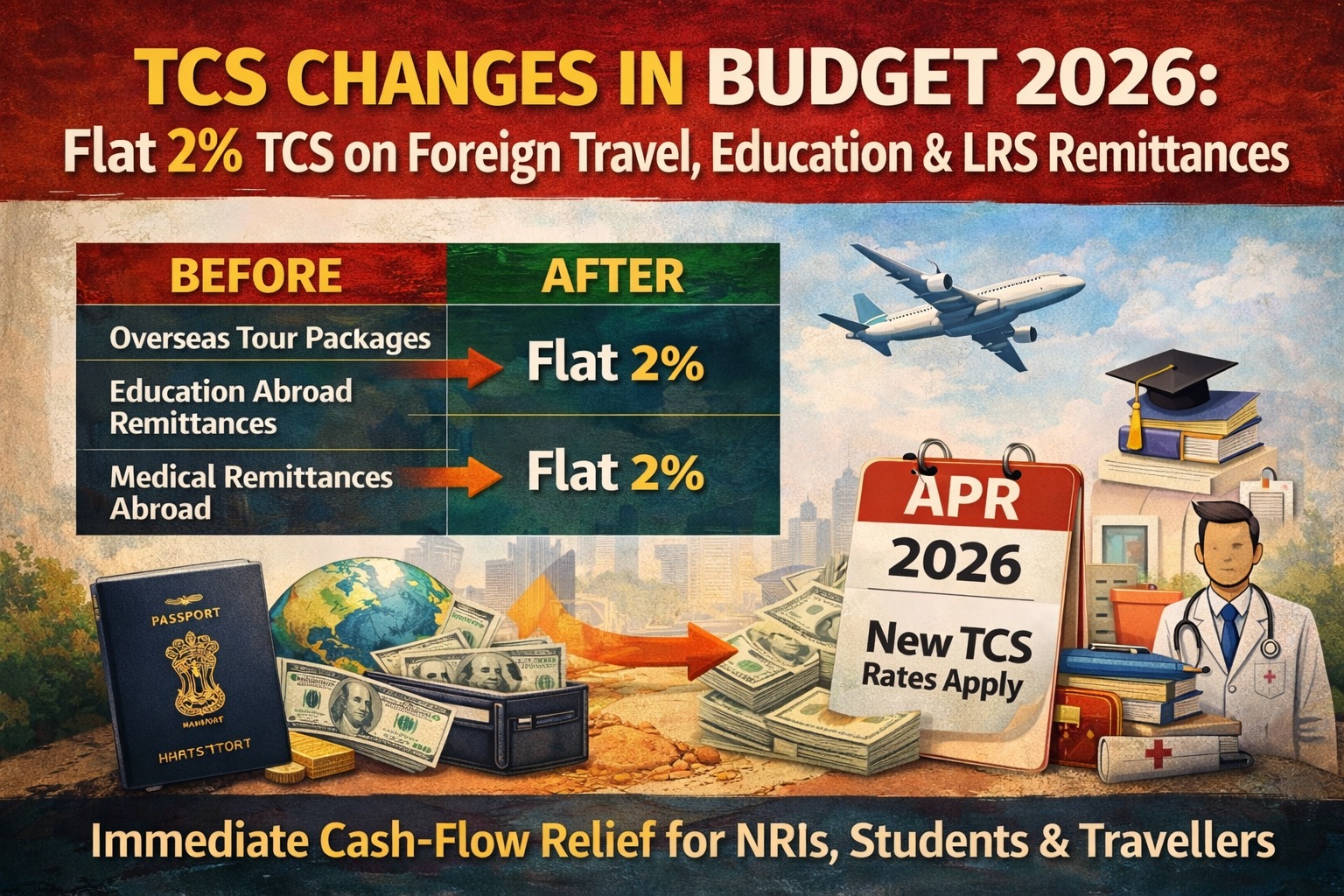 WhatsApp
WhatsApp
 Call Us
Call Us
 Email Us
Email Us
 Whatsapp Community
Whatsapp Community

If you're concerned about your retirement planning, you've probably come across the term 401(k). This retirement savings plan, unique to the United States, serves as a global benchmark for retirement planning. Let's dive into what Section 401(k) is all about and how it can work for you.
What Exactly Is a 401(k) Plan?
A 401(k) plan is a retirement savings option offered by many American employers, boasting various tax advantages for savers. Contributions to this plan can be made by both employees and employers, up to the dollar limits set by the Internal Revenue Service (IRS).
These plans come in two primary flavors, mainly differing in their taxation methods:
1. Traditional 401(k): In this type, employee contributions are made with pre-tax income, effectively reducing taxable income. However, withdrawals from a traditional 401(k) are taxed when taken out.
2. Roth 401(k): Contributions to Roth 401(k)s are funded with after-tax income, meaning there's no tax deduction for the contribution year. However, withdrawals from a Roth 401(k) are entirely tax-free.
*Note: While Roth 401(k) contributions are made with after-tax funds, early withdrawals before the age of 59 1/2 could potentially lead to tax consequences. Always consult with an accountant or qualified NRI financial advisor before withdrawing funds from either a Roth or Traditional 401(k).
Contributing to Both Traditional and Roth 401(k): There's an annual maximum limit for contributions to a 401(k) plan, whether by the employee or employer. If an employer offers both types of 401(k) plans, employees have the flexibility to split their contributions between a traditional and a Roth 401(k). However, the total contribution across both types must not exceed the limit set for a single account.
How Does a 401(k) Accumulate Returns? Contributions to a 401(k) account are invested based on the choices you make from your employer's selection. Typically, these options encompass a variety of stock and bond mutual funds, along with target-date funds designed to manage investment risk as you approach retirement.
As long as you don't withdraw funds from your account, you won't owe taxes on investment gains, interest, or dividends. Taxes are only due when you make withdrawals during retirement, unless you possess a Roth 401(k), in which case qualified withdrawals in retirement are tax-free.
Earnings in a 401(k) account grow tax-deferred for traditional plans and tax-free for Roths.
Understanding Required Minimum Distributions (RMDs): Traditional 401(k) account holders become subject to required minimum distributions (RMDs) after reaching a specific age, a rule not applicable to Roth plans. RMDs refer to mandatory withdrawals from your account.
If you're leaving your current job or you're an NRI planning to return to India and are unsure about what to do with your 401(k) plan, consulting a financial advisor can help you explore tax-efficient solutions.







Stay in the loop, subscribe to our newsletter and unlock a world of exclusive updates, insights, and offers delivered straight to your inbox.